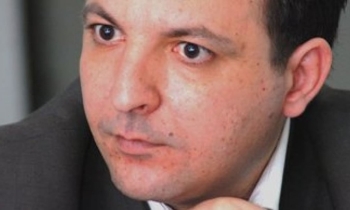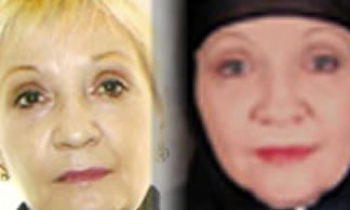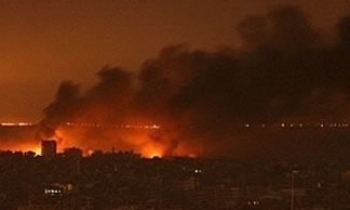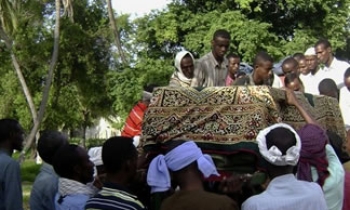The Nepal government has freed journalist Bhawana Prasain, who had been detained since February last year and allegedly tortured in police custody for suspected links with Maoists. Prasain was released following a Supreme Court order, reports said.

She was arrested under the Terrorist and Destructive Activities Control Ordinance (TADO) on February 9. Prasain, a reporter with the monthly Majdur Awaj, which is alleged to have close links with the outlawed Maoists, was also severely tortured during interrogation in police custody. Prasain was held after taking part in a demonstration in Kathmandu in protest against King Gyanendra's regime.
"The police held Prasain illegally and accused her of being a Maoist without any evidence," Reporters sans Frontières (RSF) said. "Now she is back at home, we hope she will recover some peace of mind after the physical and psychological torture she underwent in prison." Prasain's detention was ruled illegal by supreme court judges Rajendra Kumar Bhandari and Tahir Ali Asmari in response to a petition by Majdur Aawaj editor Satyaram Parajuli requesting her immediate release.
Bhawana Prasain, 24, was arrested on February 9 during a demonstration in Kathmandu in opposition to the regime of King Gyanendra. During questioning, police officers in plain clothes threatened to kill her if she tried to call any other demonstrators. Police said they had found leaflets in her bag put out by an extreme leftist organisation. She was taken successively to police stations at Singh Durbar and Hanumandhoka. Three days later she was transferred to the Kathmandu central prison.
Parajuli and her brother were the only two people allowed to visit her. She had a swollen face and was psychologically demoralised. Parajuli told RSF, "During our visits, she cries (...) She is under pressure, because the police want to get her to admit to terrorist activities." The Supreme Court on March 2, ordered the government to justify Prasain's detention, a day after Parajuli lodged a request for habeas corpus.
There are still four journalists in detention and the International Federation of Journalists (IFJ) has urged the Nepal government for their immediate release, said FNJ President Bishnu Nisthuri. The government arrested several journalists, introduced harsher press laws and put the media under tight scrutiny.
A high level international media team is arriving here on March 19 on a Media Advocacy Mission to assess the situation in Nepal in the wake of government's continued efforts to control the press and introduce harsh laws to suppress it, Nisthuri said.









